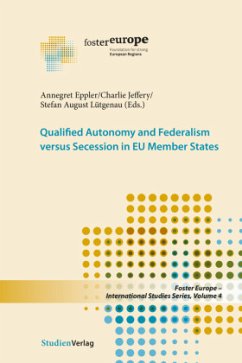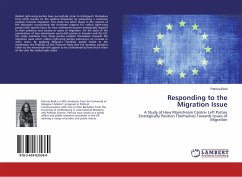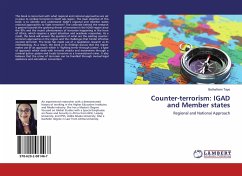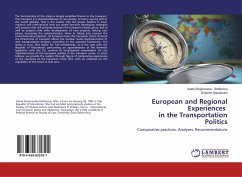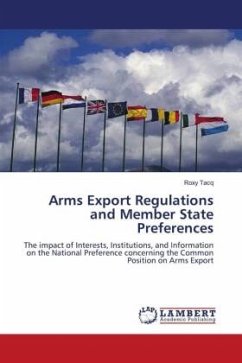
Arms Export Regulations and Member State Preferences
The impact of Interests, Institutions, and Information on the National Preference concerning the Common Position on Arms Export
Versandkostenfrei!
Versandfertig in 6-10 Tagen
32,99 €
inkl. MwSt.

PAYBACK Punkte
16 °P sammeln!
The European Union is working together to regulate the export and transfer of strategic goods from EU countries, in order to prevent misuse of these goods. The decision-making process on a improved regime in the form of a Common Position status of the framework was bocked by a view Member States for a long time. This research analyses why some Member States bocked the decision-making process. The preferences of two Member States on the Common Position status are central in this analysis. The main theory used to do a case study research is based on the theory of Milner, which she represents in ...
The European Union is working together to regulate the export and transfer of strategic goods from EU countries, in order to prevent misuse of these goods. The decision-making process on a improved regime in the form of a Common Position status of the framework was bocked by a view Member States for a long time. This research analyses why some Member States bocked the decision-making process. The preferences of two Member States on the Common Position status are central in this analysis. The main theory used to do a case study research is based on the theory of Milner, which she represents in her book "Interest, institutions, and information". The case study research on France and the United Kingdom illustrates how the theory of Milner can be applied on decision-making within the European Union. The results of this research shows the possibilities and limitation of an applied version of this theory.




